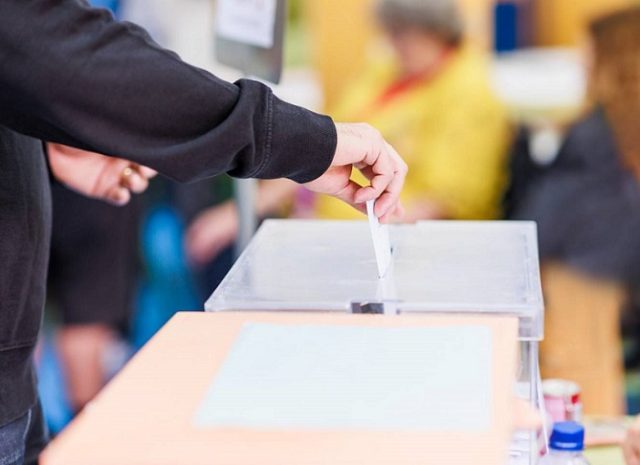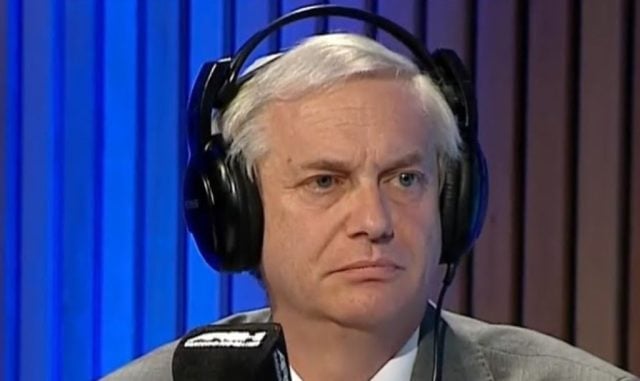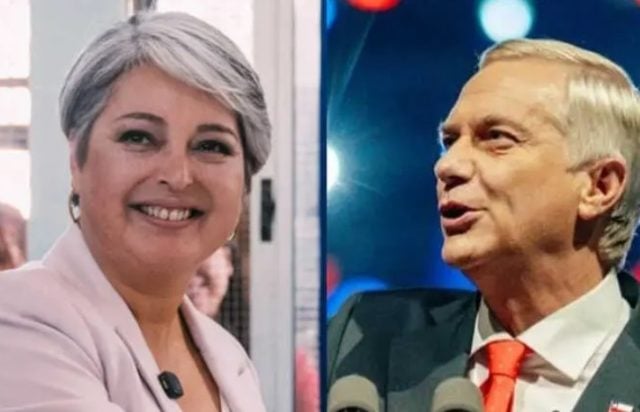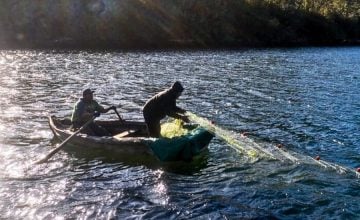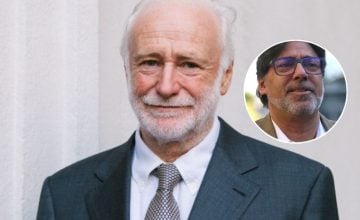Original article: Cuando votar se vuelve un ejercicio de continuidad
By Luis Jara Correa
This Sunday, Chileans head to the polls once again. While the democratic process should always be a celebration of civic duty, today it feels more like a routine than a genuine opportunity for change.
What prevails is not enthusiasm, but the burden of a stagnant reality: people are voting for continuity, not conviction. This pervasive sentiment among the electorate reveals a deeper rift than any electoral conflict. It is the feeling that no current leadership is envisioning the future of Chile, a country many long for but few seem willing to help build.
In recent weeks, the nation has witnessed campaigns echoing past elections. The same promises, the same diagnoses, the same appeals. Yet, the lives of citizens do not improve. Families struggle with a rising cost of living; public safety remains a central concern; state services appear overwhelmed or disjointed; and opportunities for development are hampered by a model that no longer aligns with the challenges of the 21st century. In this context, politics continues to manage the immediate without projecting the essential.
The lack of a future vision has become one of the greatest voids in our democracy. There is no leadership driving transformative ideas or daring to question the foundations of the current political and economic system. Instead, there is a reliance on maintaining a half-functioning machine, without innovation, modernization, or consideration for the country we could become. Thus, elections feel like a mere obligation rather than a gateway to a different tomorrow.
Chile needs to reimagine itself—not as the country of the past, which once considered itself the locomotive of a regional train, but as a nation capable of reinventing itself with audacity and creativity. We require a development project that centers on people: secure jobs, dignified housing, a more harmonious relationship with the environment, better-planned cities, a more professional and efficient state, and a real innovation ecosystem that responsibly and strategically incorporates technology and knowledge.
Today, artificial intelligence, automation, scientific research, and digitalization are not just future topics; they are present realities. And yet, we continue to discuss them as if the world hasn’t changed. Other countries are making significant leaps; meanwhile, Chile remains stuck in circular debates that hinder progress. It is not about adopting technology for fashion’s sake, but understanding that its integration can improve quality of life, increase productivity, strengthen the state, and open new avenues for individual development.
However, this absence of vision is not solely the responsibility of political leaders. It is also a symptom of a country that has lost its capacity to demand a collective project. Too often, citizens have been relegated to a passive role, watching as politics devolves into minor disputes with no impact. Recovering hope does not depend solely on a great leader emerging, but on society deciding to stop settling for the bare minimum. When a country dares to imagine a different future, it invariably finds those willing to lead it.
This presents an opportunity. Although this election may seem marked by continuity, it can become a turning point if we stop waiting for change to come from the ballots and start building it from the ground up.
Deep transformations do not arise by decree or chance; they emerge when society pushes back, when ideas mobilize, and when people stop accepting that «this is how things are» and start asking how they could be.
Chile has faced difficult times before and has known how to reinvent itself. The history of this country is filled with cycles where, amid complex scenarios, a spirit emerges that pushes forward. That same spirit is still present today, even if at times it seems obscured by disappointment or fatigue. But it is there—in the entrepreneurs who innovate, in the young people who study and engage, in the communities that organize, in the workers who build day by day, in the families dreaming of a better future for their children.
Hope is not about denying reality; rather, it is about recognizing it without giving up on transforming it. Yes, politics today seems limited, repetitive, and lacking boldness. Yes, it is difficult to find leadership that thinks long-term. But that does not mean the future is doomed to mirror the present. Countries change when their citizens decide enough is enough—when they stop waiting for others to solve their problems and start raising new ideas, conversations, and expectations.
We cannot continue waiting indefinitely for the ideal leadership to emerge. Perhaps the leadership we need does not yet exist because we have not created the conditions for it to appear. Perhaps that leadership will arise from a citizenry that regains confidence in its own power, that begins to dream again, and that dares to demand more. True transformation may begin the day we stop voting for continuity alone and start building continuity around a common purpose.
This Sunday’s elections will not resolve all problems, nor will they immediately usher in a new political cycle. However, they could mark the beginning of something different if we understand that hope is not naivety, but determination. Dreaming of a better Chile is not a romantic act but a responsible one. And when a country believes in its capacity to transform itself, it inevitably finds the path to do so.
Because while today’s political offering may seem limited, nothing prevents a different vision from emerging tomorrow. Nothing stops Chile from leading again, innovating, and building with courage.
The hope lies in what we decide as a society in the days ahead: to demand more, to think more, to participate more. To believe that it is still possible to have a country that looks far, that thinks big, and that builds a project worthy of the 21st century. And in that, there is still much to be done… and much to believe.
By Luis Jara Correa, craftsman of my dreams

